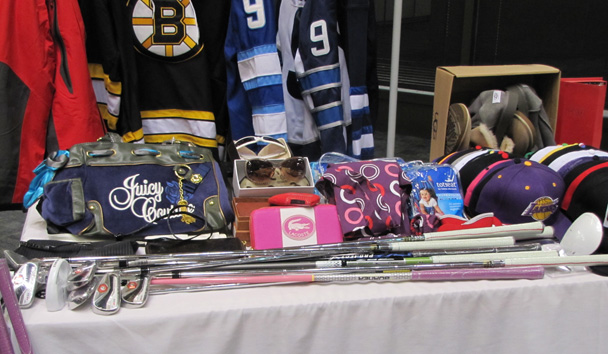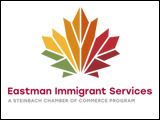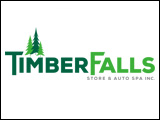As the holiday season approaches, RCMP are reminding consumers to be wary of buying counterfeit merchandise.
The most common counterfeited products are designer apparel and audiovisual products such as DVDs. RCMP have also encountered counterfeit toothpaste, chainsaws, hockey and bicycle helmets, light fixtures, automobile parts, circuit breakers, pharmaceuticals, shampoo, batteries, jewelry and more.

RCMP are warning consumers about purchasing counterfeit merchandise as picture above.
When you purchase a counterfeit product, you may be placing yourself or your family in danger. Counterfeiters spend nothing on quality control. They do not care what happens to consumers who buy and use sub-standard counterfeit products. For example:
• Counterfeit electrical devices have caught fire causing injury and serious damage to property.
• Counterfeit pharmaceutical products often contain no active ingredients or, worse still, toxic ingredients and have caused death.
• Counterfeit children’s clothing containing no fire retardant.
Counterfeit products are not tested and do not meet any safety standards. These products can lead to serious personal injuries, even death.
“There is no guarantee that counterfeit goods have gone through any kind of inspection, meet any quality standards,” advises Corporal John Montgomery of the RCMP’s Federal Enforcement Section, “and there is no guarantee they do not contain dangerous materials.”
Criminals involved in intellectual property crime – copyright piracy and trademark counterfeiting – range from organized crime groups to small-scale retailers who sell small quantities of counterfeit goods to supplement their income.
Many people are also unaware that buying these cheap knockoffs could mean they are inadvertently supporting organized crime or other types of criminality.
Job loss because of lost revenue for legitimate businesses is also consequence of counterfeit goods.
What are some of the indicators that suggest a product may be counterfeit? The public, including retailers, should look for a number of signs – the 4 Ps – that could indicate that the product is counterfeit:
• Package: Examine the packaging and look for spelling errors or shoddy appearance.
• Price: If it seems too good to be true, it probably is.
• Place: Buy from reputable retailers and use extra diligence when purchasing items through the Internet.
• Product: Is the quality and appearance of the product satisfactory?
Dealing in counterfeit products is against the law and anyone found committing these offences could face criminal penalties, including substantial fines and terms of imprisonment of up to five years.
The RCMP are particularly interested in the investigation of counterfeit products posing health and safety risks to Canadians or where organized crime groups are involved. Anyone with information regarding the sale of counterfeit products is asked to call their local RCMP detachment or the RCMP Federal Enforcement Section at 204-983-1189.



